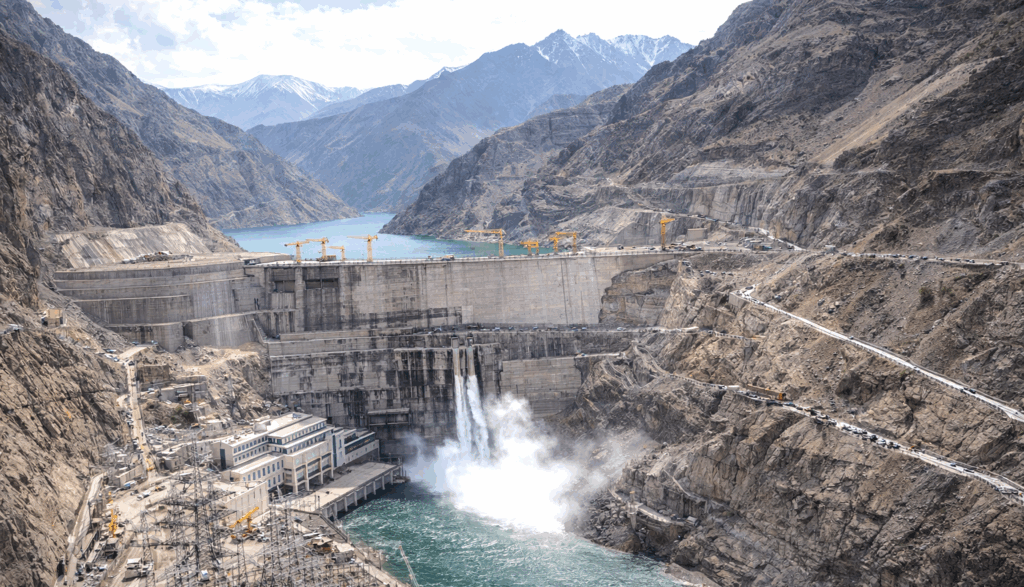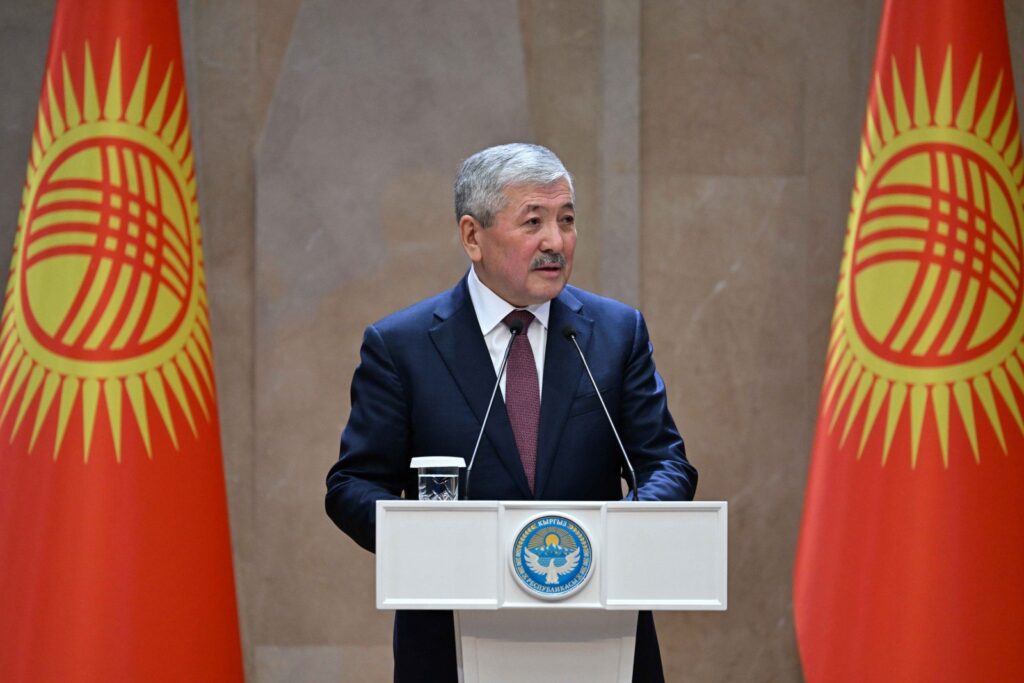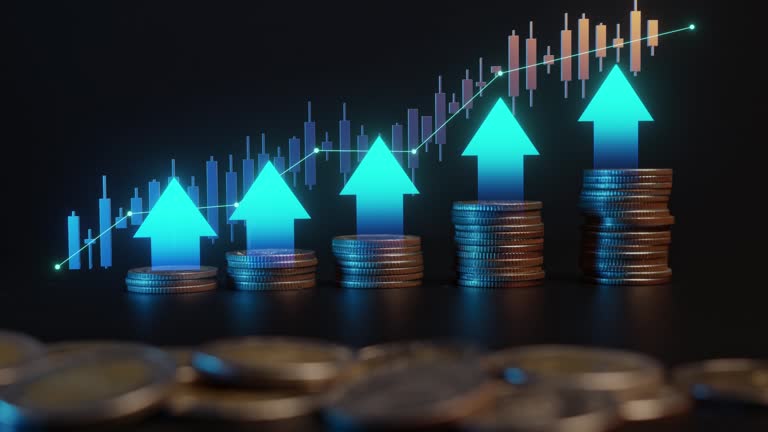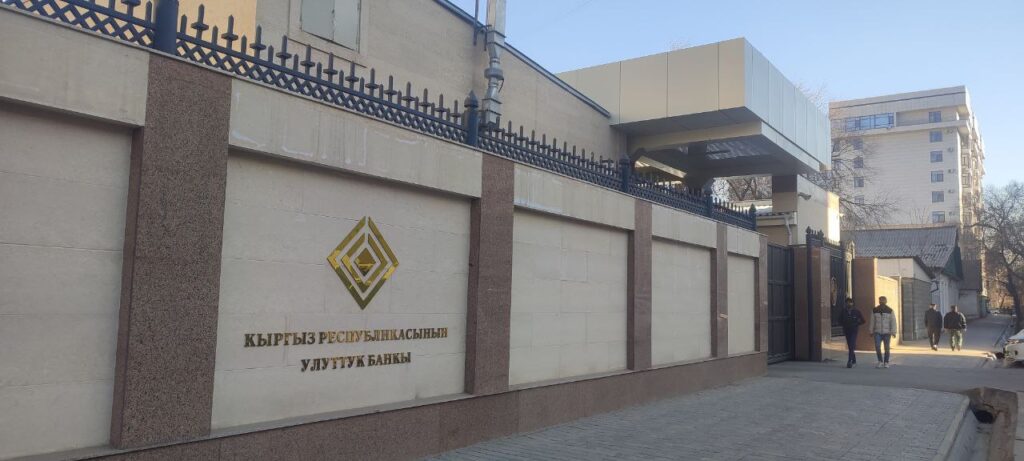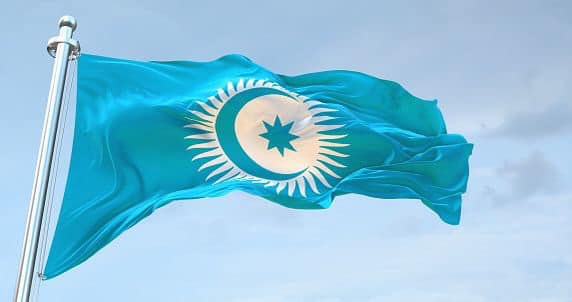Uzbekistan’s economy will grow by 6.5% this year, and by 6% by 2025, according to a forecast published by the European Bank for Reconstruction and Development. This growth is expected due to investments in fixed capital and an increase in net exports.
Central Asia’s trade with Russia peaked in 2023 and played an important role in economic growth. Uzbekistan’s GDP grew by 6% due to increased consumer spending driven by rising wages and credit expansion. The budget deficit amounted to 5.5%, against a forecast of 4%. According to the bank’s analysts, in 2024 the budget deficit may be reduced due to energy subsidies, which will reduce government spending by about 1.5% of GDP.
Economists also noted an increase in investment in the region in transportation, logistics, and export-oriented manufacturing. The economy was boosted by rising wages and real incomes, credit expansion, and intra-regional trade.
“Sustained wage and real income growth, combined with a surge in foreign arrivals and the tourism sector, fueled a consumer boom, which was further supported by technological advances in consumer credit,” the report states. Recent tariff reforms in Uzbekistan will also cut energy subsidies, which will reduce government spending by 1.5% of GDP, the bank said.
At the same time, there are great prospects for foreign direct investment in privatization, but the chronic shortage of energy and water remains a negative factor.
The decline in inflation to single-digit figures throughout the region has allowed regulators to start revising their monetary policy in favor of stimulating economic growth. The EBRD believes that the main public policy challenges in the region for 2024-2025 will be improving infrastructure and governance, tariff reforms, and harmonizing the use of common resources such as transport, water, and energy.

